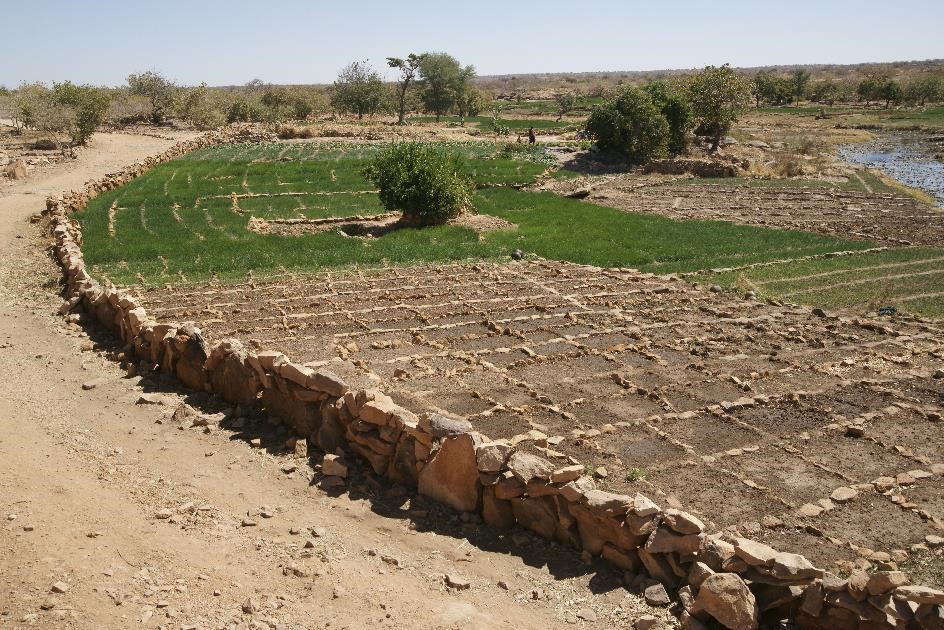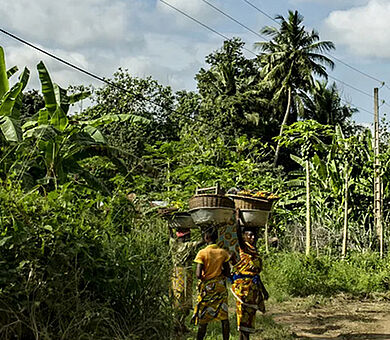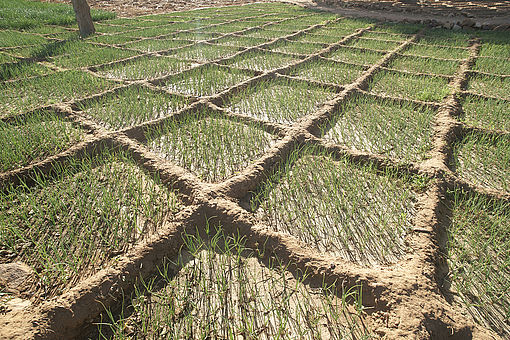Valuing ecosystem services
Nature is not accounted for in economic policies around the world. A better understanding of our economic reliance on ecosystems can prompt behaviour change.
What are the true economic benefits of sustainable land management and costs of land degradation?
Despite a growing number of assessments showing that ecosystem services are worth billions of dollars to national economies, most governments and businesses are not including ecosystem valuations in policy decisions.
Failure to recognise and account for the value of these goods and services in government and private sector decision-making has led to the unsustainable exploitation of ecosystems, triggering severe long-term social and economic costs which are increasingly reflected in insurance premiums, food prices, health incidents and even civil unrest.
Using economic metrics to value and account for ecosystem goods and services has the potential to show the true value of land.
This is where ELD comes in: We make the economic case for investing in sustainable land management to prevent and restore land degradation around the world. ELD highlights the economic dimension of soil and land degradation in order to provide methods for valuing land accurately and enable its efficient and sustainable use.
Recent ELD activities
-
Regreening Africa project
(2020)
The Regreening Africa project is restoring ecosystems in eight countries in Africa and improving the resilience of 500,000 households across sub-Saharan Africa. The project is a joint collaboration with ELD, World Agroforesty, the European Union, World Vision and GIZ.
Since 2017, ELD has provided training on the 6+1 step economic approach for policy-makers and researchers, and produced a series of case studies in the partner countries of Ethiopia, Ghana, Kenya, Mali, Niger, Rwanda, Senegal, and Somalia. Targeting key institutions from national research and policy sectors, ELD facilitated the joint development of economic assessments in consideration of multiple land use options.

ELD RESOURCES
ELD 6+1 step approach
The ELD 6+1 step approach enables users to undertake scientifically sound cost-benefit analyses to inform decision-making processes. It can be applied at different scales and scopes, with the aim to achieve a more holistic assessment of the value of different land use options (Noel and Soussan, 2010; ELD Initiative, 2013) for all stakeholders.
ELD Campus
The ELD CAMPUS offers a high-quality learning and teaching toolkit for the valuation of ecosystem services. The ELD Campus is now available in English, French and Russian. This free and openly accessible resource can be used at of all levels in all fields of scientific background.
_________________________________________________________________________________________________________
All ELD case studies
Since its inception in 2011, ELD has conducted numerous scientifically rigorous economic valuations of terrestrial ecosystem services which show the true costs of land degradation and the true benefits of SLM approaches.





